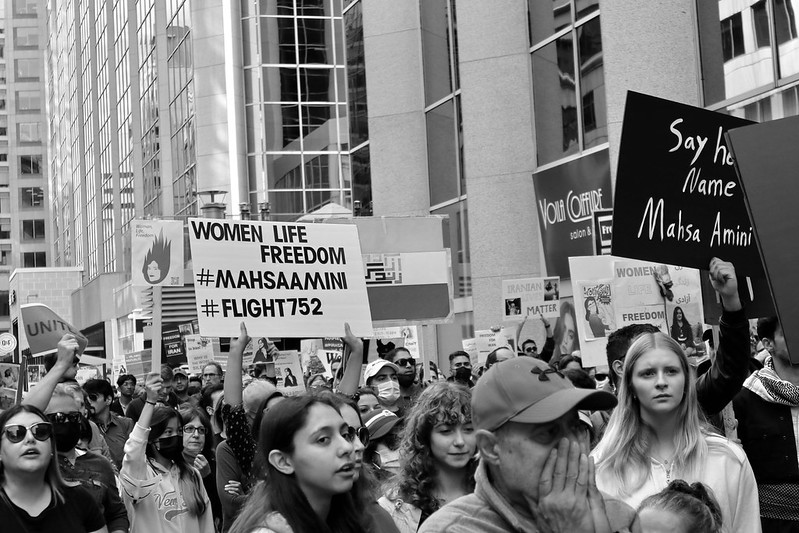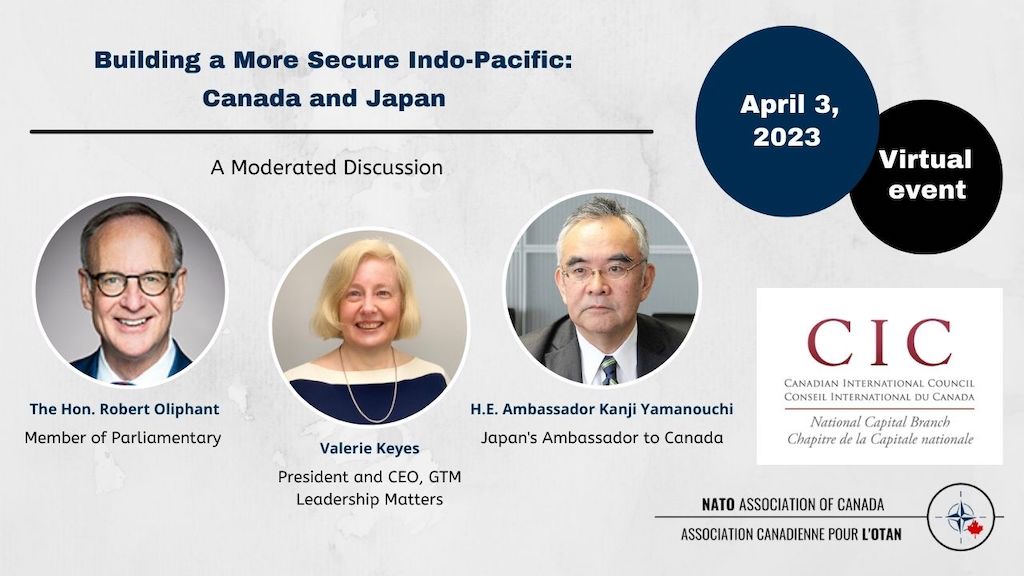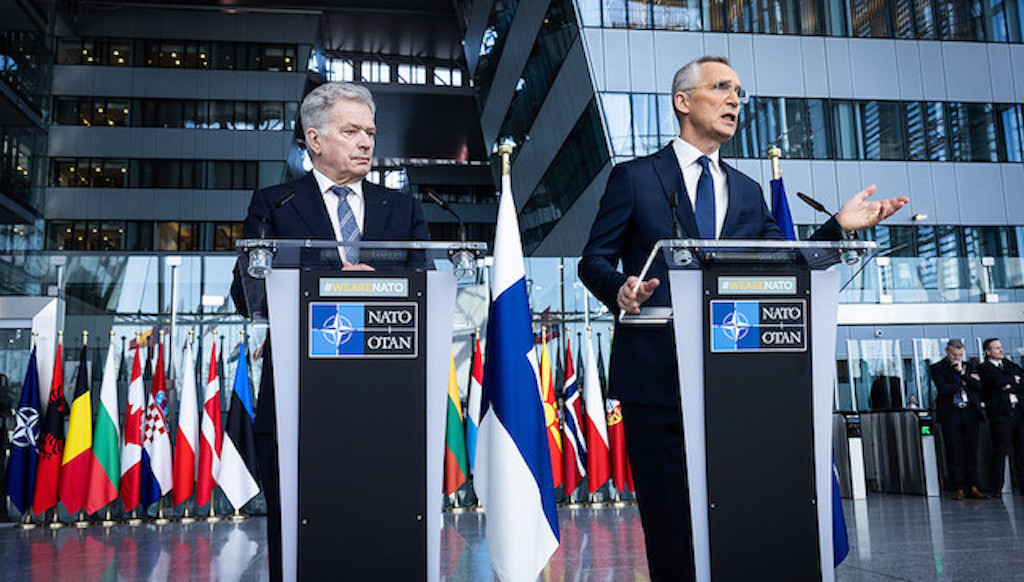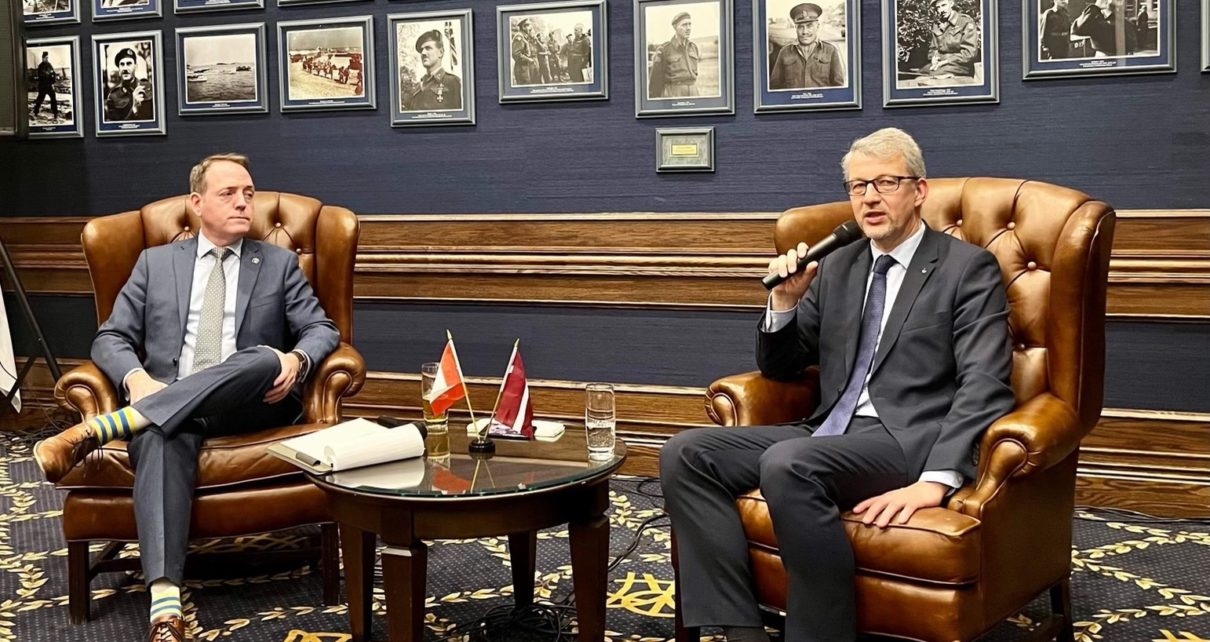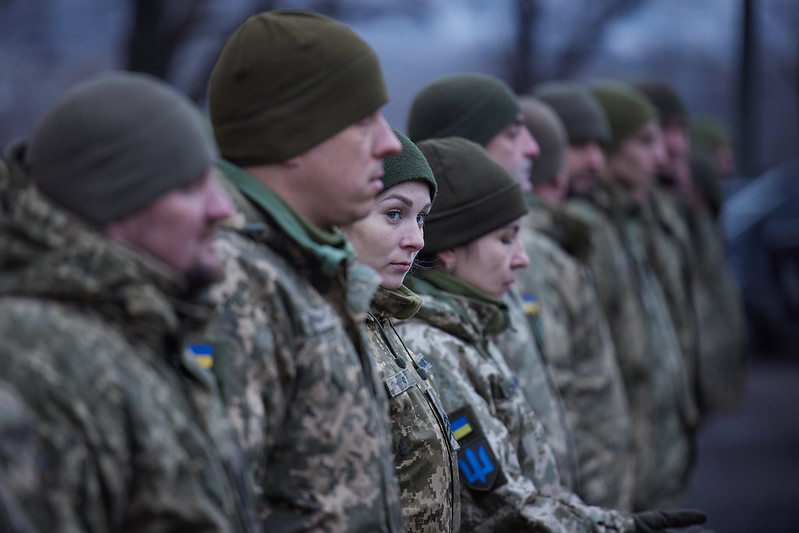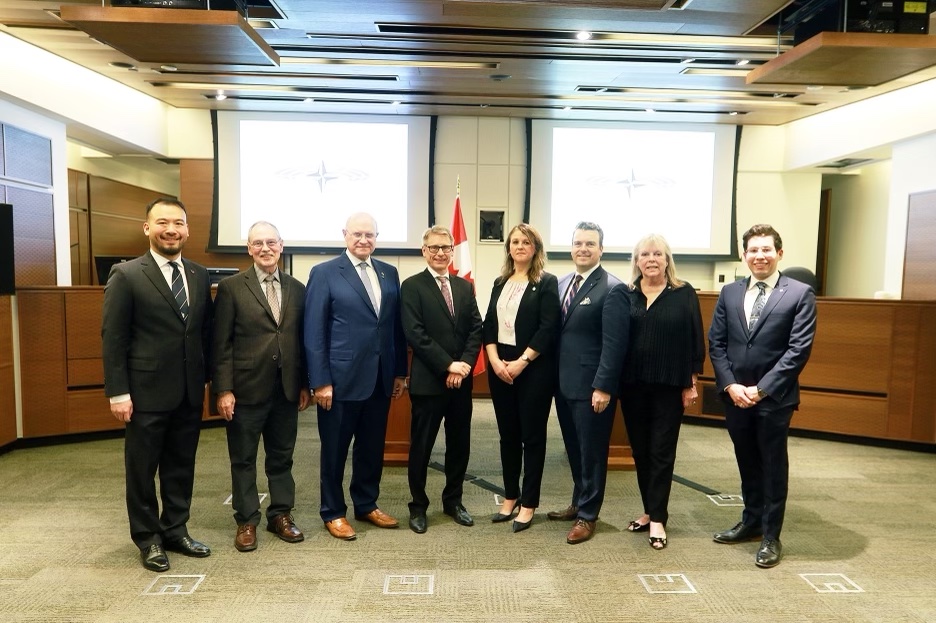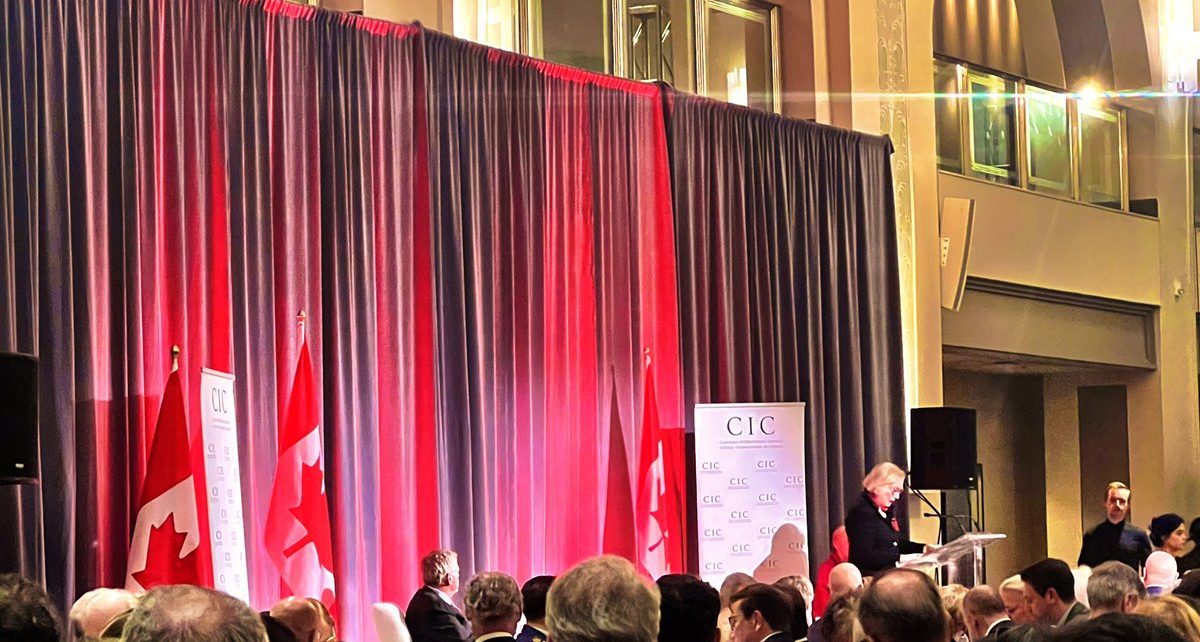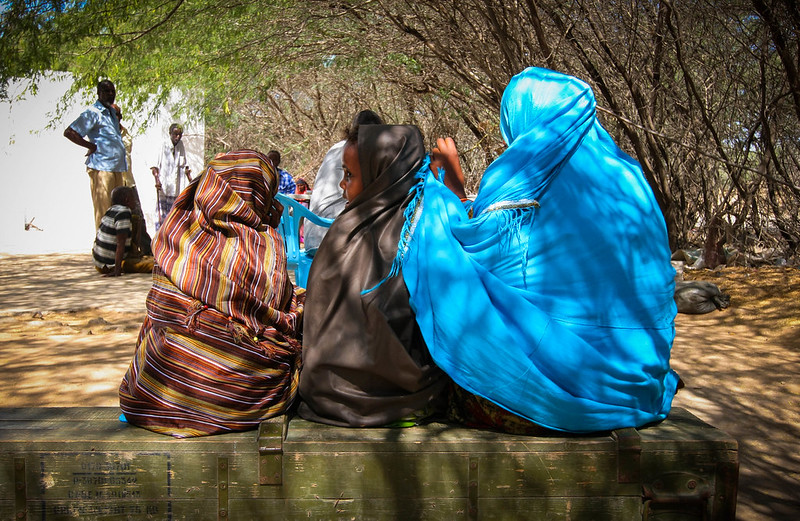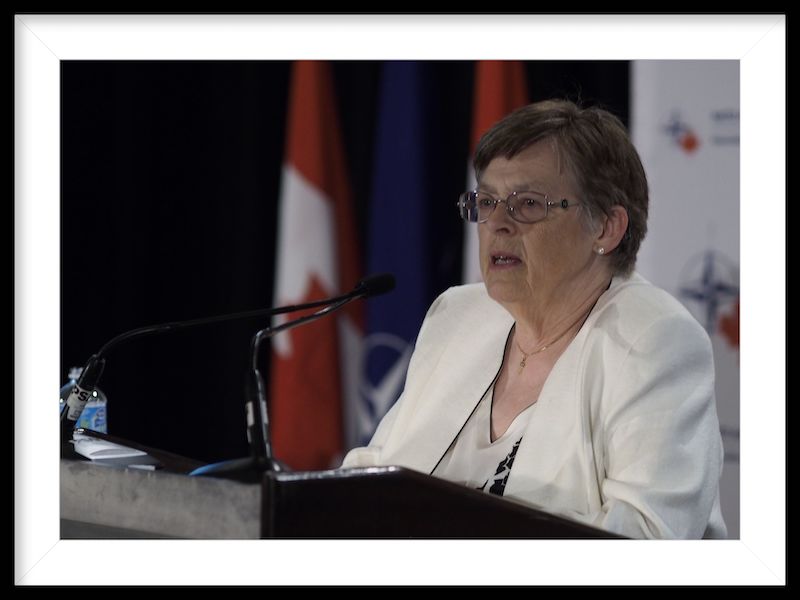In this article, Maya Gandhi examines racial apartheid in South Africa and highlights the campaign End Gender Apartheid, which advocates for an expansion of the definition of apartheid to include gender-based discrimination.
Articles
The NATO Association of Canada and the Threat Intelligence Exchange Roundtable (TIER) Co-Host Panel
On April 4, the NATO Association of Canada teamed up with the Threat Intelligence Exchange Roundtable (TIER) to host “Security, Risk, and Intelligence Careers: Possibilities in the Private Sector” at the Royal Canadian Military Institute in Toronto. The joint event featured a panel with those working in the private security, risk, and intelligence industry. This Read More…
The NATO Association of Canada and the Canadian International Council, National Capital Branch, Co-Sponsor Discussion on Canada and the Indo-Pacific
On April 3, the NATO Association of Canada and the Canadian International Council (CIC), National Capital Branch together hosted “Building a More Secure Indo-Pacific: Canada and Japan,” a virtual discussion between H.E. Kanji Yamanouchi, Japanese Ambassador to Canada, and the Hon. Robert Oliphant, M.P. and Parliamentary Secretary to the Minister of Foreign Affairs. Valerie Keyes, Read More…
Rethinking NATO’s 2 Per Cent Defence Spending Target: 2023 Enlargement, Canadian Defence Needs, Cooperative Bargaining Models, and Institutional Outcomes
With Finland having joined NATO, the alliance has added its 31st member. Finland’s significant defence capabilities integrated into NATO will affect Arctic collaboration with some implications for Canada. In this article, Anessa Kimball explores Canadian defence needs, and whether the alliance’s 2 per cent GDP defence spending target remains relevant.
NATO Association of Canada Hosts Discussion on Canada-Latvia Relations
On March 31, the NATO Association of Canada hosted Kaspars Ozoliņš, Latvia’s Ambassador to Canada, and Kevin Rex, former Ambassador of Canada to Latvia, Estonia, and Lithuania and current Director General, Security and Energy Management, Strategy and Policy, Global Affairs Canada, for a fireside chat at the Royal Canadian Military Institute in Toronto. The event, titled “Canada and Latvia United on the Read More…
Russia’s Invasion of Ukraine and its Effect on Women
In this article, Maya Gandhi examines the impact of Russia’s invasion of Ukraine on Ukrainian women, from their military involvement to a regional rise in gender-based violence.
Celebrating the 74th Anniversary of NATO
On March 28, the NATO Association of Canada, in partnership with the Canadian NATO Parliamentary Association (NATO PA), hosted a reception to celebrate the upcoming 74th anniversary of the North Atlantic Treaty (“Washington Treaty”), which established NATO, at the Wellington Building in Ottawa. The NATO Association of Canada commemorates this anniversary annually. This year’s reception Read More…
The NATO Association of Canada Remembers Bill Graham (1939-2022)
The NATO Association of Canada was honoured to have members of its community attend and share a table at the Inaugural Bill Graham Lecture Series, “Canada’s Role in an Upside Down World,” which the Canadian International Council (CIC) hosted at Arcadian Court in Toronto on March 27. The NATO Association of Canada was also pleased Read More…
The Women of Al-Shabaab
A recent news story by the United Nations stated that Al-Shabaab, an insurgent group seeking to establish an Islamic state in Somalia, contributed to a 60% increase in civilian deaths between 2021 and 2022. Due to their violent methods of control, the group exerts a large amount of influence on the Somalian public. Specifically, they Read More…
Celebrating the Life of Julie Lindhout (1941-2023)
On March 14, a celebration of the life of Julie Lindhout (1941-2023), former and long-time president of the Atlantic Council of Canada—today known as the NATO Association of Canada—and a director of the Royal Canadian Military Institute (RCMI), was held at the RCMI in Toronto. Attendees, which included family and members of the NATO Association Read More…

